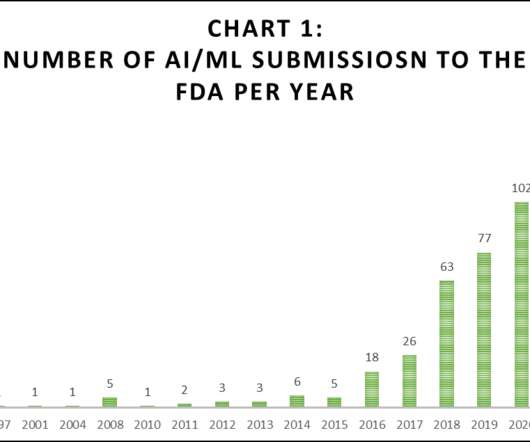Recommended Reading: Professors Farley and Ramsey: "Raising the Threshold for Trademark Infringement to Protect Free Expression"
The TTABlog
JUNE 22, 2023
Ramsey of the University of San Diego School of Law have just published an article on a very timely topic: "Raising the Threshold for Trademark Infringement to Protect Free Expression," 72 American University Law Review 1179 (2023). One current example is the speech-protective test first articulated by the Second Circuit in Rogers v.













Let's personalize your content